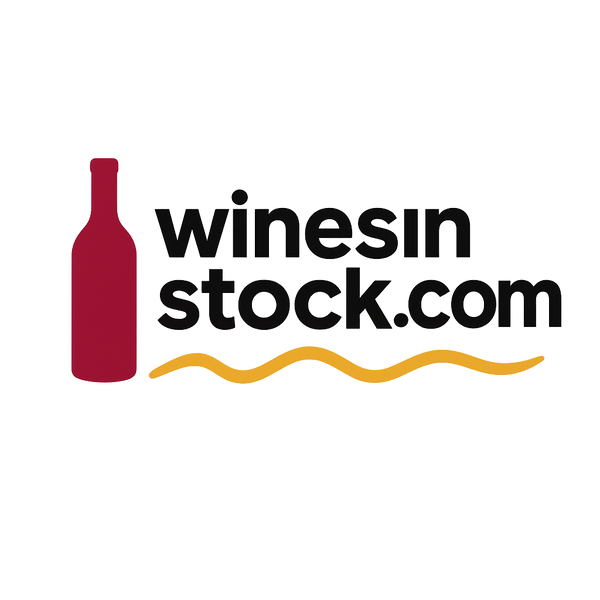
Advanced AI boosts wine quality control
Share
Introduction to AI in the Wine Industry
As the wine industry embraces technological advancements, artificial intelligence is emerging as a transformative force in quality control. Traditionally reliant on expert tasters and time-consuming processes, the sector is now leveraging AI to enhance precision and efficiency. By analyzing vast datasets, AI algorithms can identify subtle patterns in flavor profiles, grape quality, and fermentation processes that human senses might overlook. This capability not only streamlines production but also enables winemakers to make data-driven decisions that align with consumer preferences. Furthermore, AI's predictive analytics can foresee potential issues, from pest infestations to climate impacts, allowing vintners to take proactive measures. As a result, the integration of AI is not merely a trend but a pivotal evolution, ensuring that every bottle of wine meets the highest standards of excellence. The future of winemaking is being redefined, blending tradition with cutting-edge technology to craft wines that resonate with both connoisseurs and casual drinkers alike.
How AI Enhances Quality Control in Winemaking
AI is revolutionizing quality control in winemaking by introducing precision and consistency that were previously unattainable. Through advanced algorithms and machine learning, AI systems can analyze vast amounts of data from various stages of the winemaking process, from grape selection to fermentation. This data-driven approach allows vintners to identify subtle variations in grape quality, environmental conditions, and fermentation dynamics that could affect the final product.
For instance, AI can monitor temperature and humidity levels in real-time, ensuring optimal conditions for fermentation and aging. By employing predictive analytics, winemakers can foresee potential quality issues before they arise, enabling timely interventions. Moreover, AI-driven sensory analysis tools can evaluate taste and aroma profiles, providing objective assessments that complement traditional tasting methods. As a result, wineries can achieve greater consistency across their vintages, enhancing overall quality and consumer satisfaction. This integration of AI not only elevates the art of winemaking but also positions the industry for sustainable growth in an increasingly competitive market.
Future Implications and Industry Impact of AI Integration in Winemaking
As AI continues to weave itself into the fabric of winemaking, its implications stretch far beyond mere quality control. The integration of sophisticated algorithms and machine learning technologies is set to revolutionize vineyard management and wine production processes. For instance, predictive analytics can forecast weather patterns, allowing winemakers to make informed decisions about irrigation and harvest timing, ultimately enhancing grape quality. Moreover, AI-driven sensory analysis can assess flavor profiles and aroma compounds with remarkable precision, enabling vintners to tailor their blends to meet evolving consumer preferences.
The economic impact is equally significant; by optimizing resource allocation and reducing waste, wineries can improve their profitability while maintaining sustainable practices. As AI tools become more accessible, smaller producers will also benefit, leveling the playing field in an industry traditionally dominated by larger players. This democratization of technology heralds a new era of innovation, where creativity and tradition can harmoniously coexist, paving the way for a vibrant future in winemaking.
